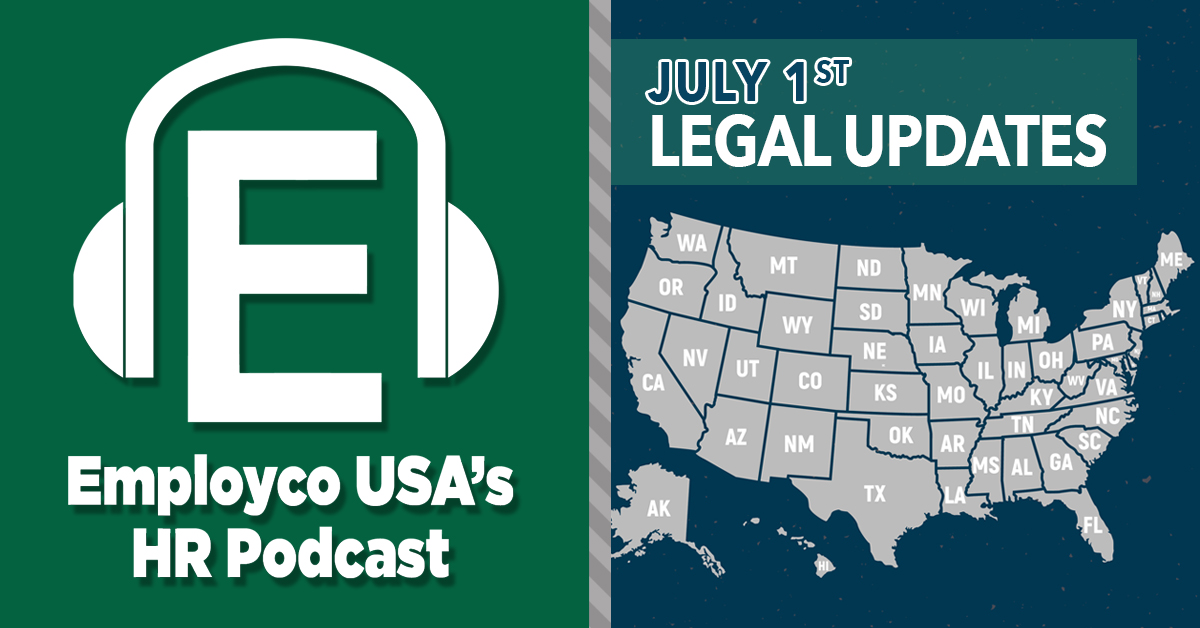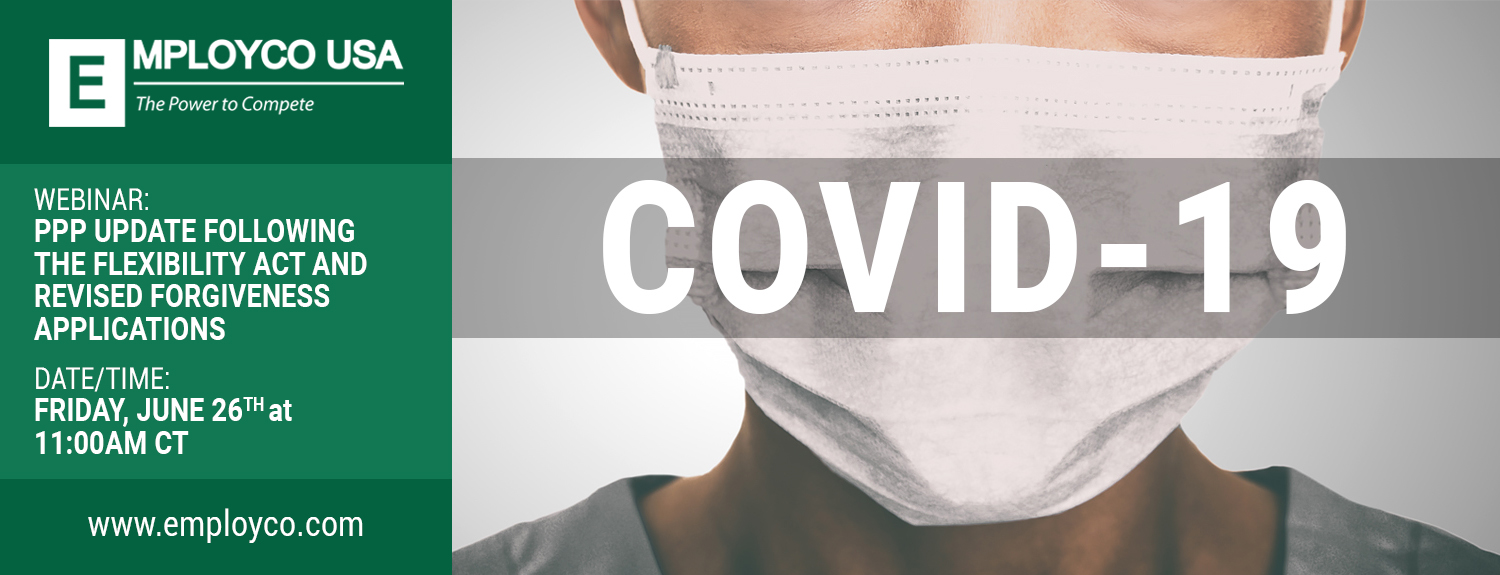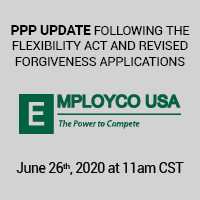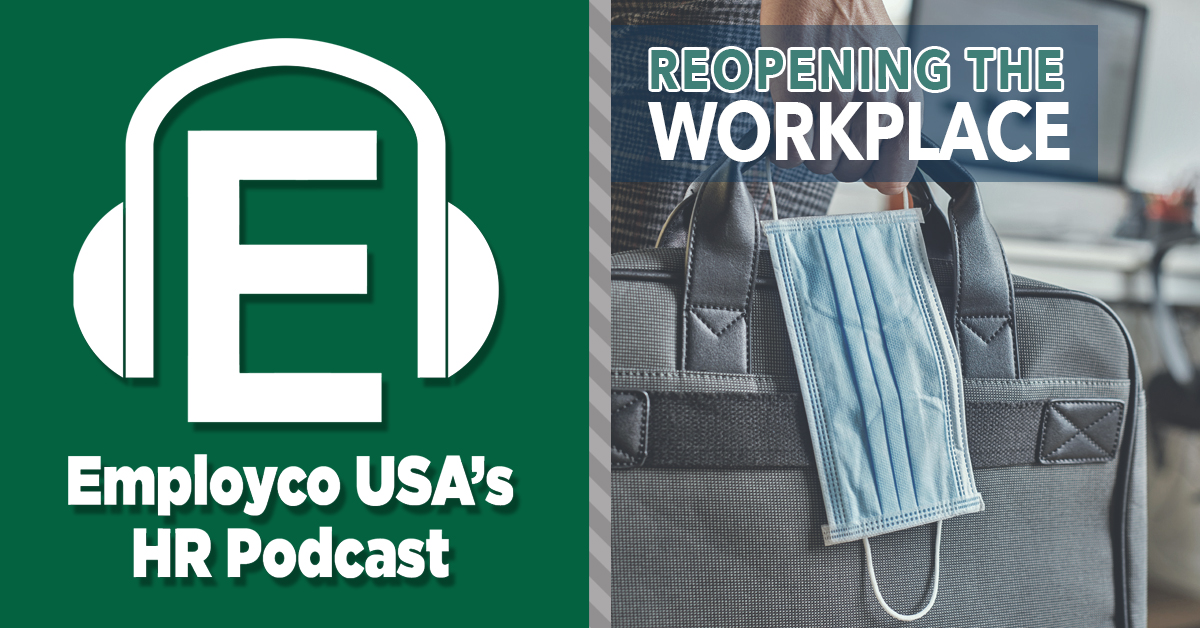Employment expert discusses new findings which show a bleak economic future and increasing despair among employees
 Mental health in the workplace has never been so tenuous. New research shows that both employers and employees are under extreme strain due to the coronavirus pandemic.
Mental health in the workplace has never been so tenuous. New research shows that both employers and employees are under extreme strain due to the coronavirus pandemic.
A recent survey performed by Employco USA found that many employers have a very bleak outlook for their economic future. 85% of employers don’t have a strong outlook on the economic conditions in the U.S. over the next 6 months, and over half of employers say that they are anticipating the need for more layoffs and furloughs in the next 6 months.
“According to our survey, we are seeing that the worst is far from over,” says Rob Wilson, President of Employco USA, an employment solutions firm with locations across the country. “Although many areas of the country are slowly opening up, it’s not going to be enough to help businesses make it to 2021 without laying off more employees.”
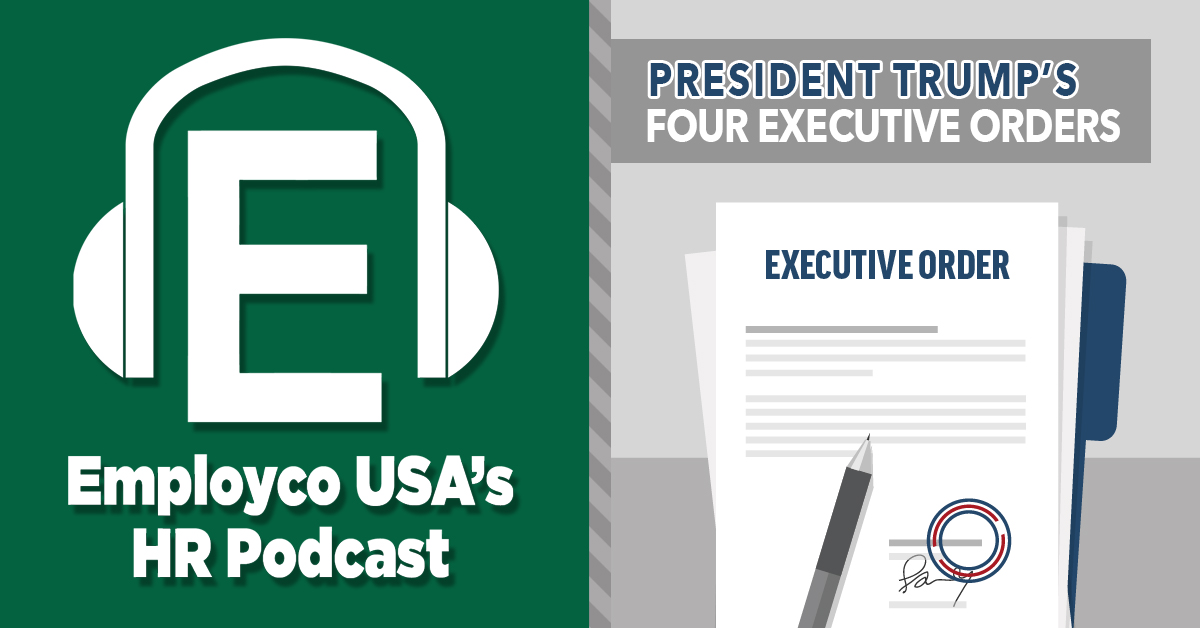
 With coronavirus cases spiking across the country,
With coronavirus cases spiking across the country, 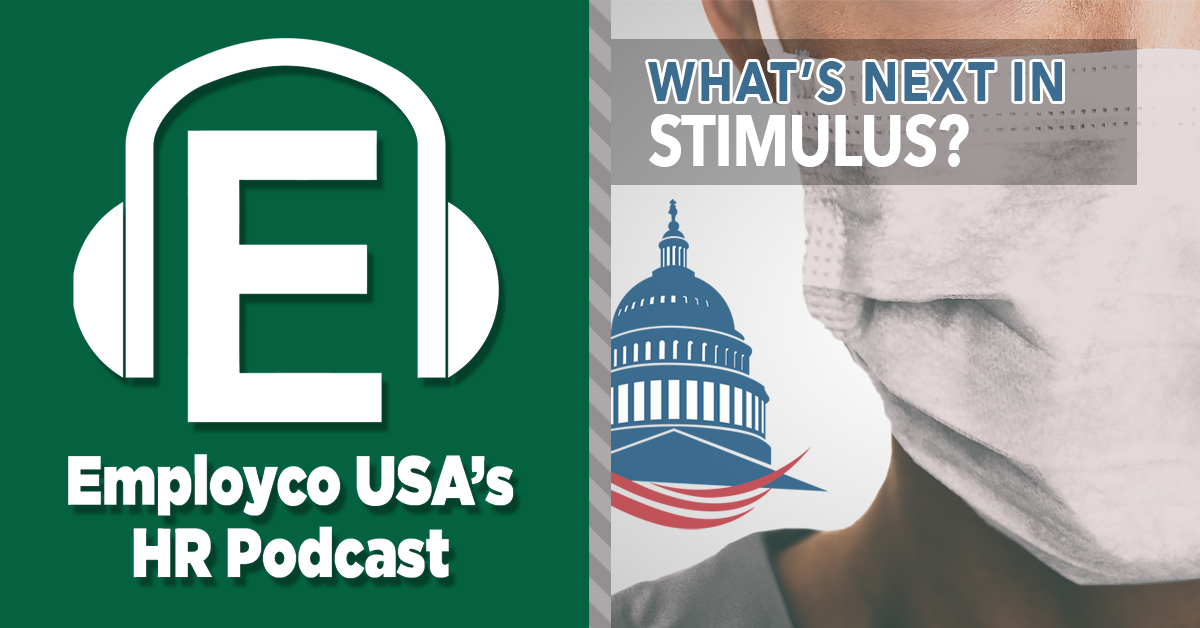
 The COVID-19 pandemic has led to massive layoffs across the country. But some people are questioning whether or not these layoffs are being performed in an equitable and legal fashion.
The COVID-19 pandemic has led to massive layoffs across the country. But some people are questioning whether or not these layoffs are being performed in an equitable and legal fashion. Last Thursday the Labor of Department released new figures showing that the United States gained 4.8 million new jobs in June. In addition, the unemployment rate hovered at 11.1%, lower than the predicted 12.4% rate. President Trump heralded the numbers as proof that the economy is “roaring back” after months of economic destruction caused by the COVID-19 pandemic.
Last Thursday the Labor of Department released new figures showing that the United States gained 4.8 million new jobs in June. In addition, the unemployment rate hovered at 11.1%, lower than the predicted 12.4% rate. President Trump heralded the numbers as proof that the economy is “roaring back” after months of economic destruction caused by the COVID-19 pandemic.